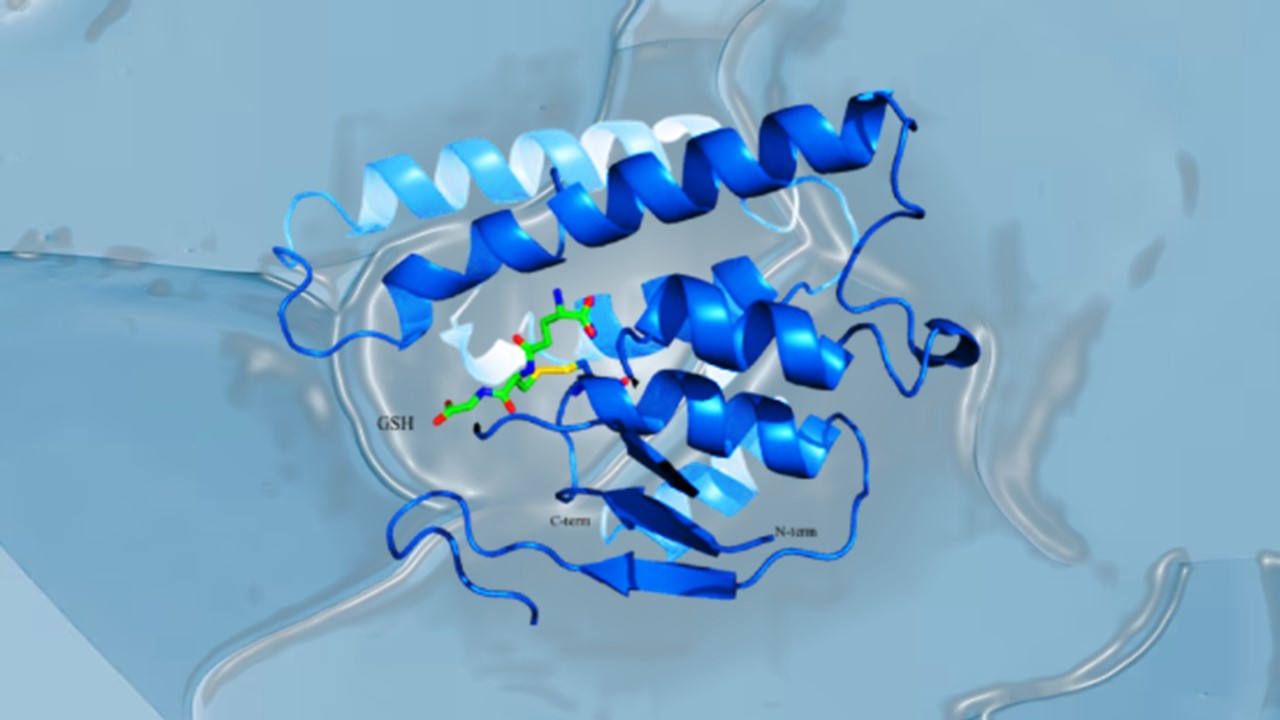Early cancer detection makes treatment easier. It is necessary to develop new diagnostic technologies and enhance screening protocols in order to lessen the burden on NHS resources while precisely identifying cancer patients at an earlier stage. Early stages of tumor development allow for the detection of ctDNA, or DNA from cancer cells, in blood. By creating technologies that identify ctDNA and hence find tumors earlier than existing pathways, researchers can benefit from this.
SYMPLIFY & Galleri™
The innovative SYMPLIFY project, conducted in partnership between GRAIL, LLC and the University of Oxford, has shown encouraging outcomes in the area of early cancer identification. This study, which was published in The Lancet Oncology, is the first extensive assessment of a multi-cancer early detection (MCED) test, Galleri™, in a group of symptomatic patients receiving diagnostic follow-up for possible cancer. The results show how well GRAIL’s MCED methylation-based platform performed in over 6,000 patients, highlighting the potential of MCED testing to help clinicians decide which patients to refer.
The Diagnostic Challenge
Cancer patients frequently go through a difficult, protracted, and anxious diagnostic process. Early detection for the majority of malignancies mainly depends on symptoms presented during primary care visits because there aren’t any formal screening programs in place. However, because some of these symptoms, such as unexplained weight loss or stomach pain, can be non-specific, it can be challenging to choose the best diagnostic course. The study’s co-lead investigator, Dr. Mark Middleton, Head of Oncology at the University of Oxford, stressed the significance of MCED testing in symptomatic patients since it can hasten identification in cases when the proper diagnostic pathway is unclear.
Surprising Discoveries and Potential Impact
The SYMPLIFY study found that many cancer cases were discovered in organs other than those that were initially assumed based on symptoms. This was especially noticeable in patients who were referred for tests for gynecological and upper gastrointestinal problems. For patients who need urgent cancer investigation, the excellent accuracy of the MCED blood test in detecting the source of the cancer signal offers invaluable direction for test sequencing, decreasing diagnosis time and associated expenses. The test also showed encouraging results for malignancies that are difficult to cure and affect organs like the esophagus, stomach, liver, pancreas, and bile ducts. The prognosis of patients can be significantly improved by early identification of these difficult tumors.
Study Design and Findings
With symptoms indicative of gynecological, lung, lower gastrointestinal (GI), or upper gastrointestinal (GI) cancer, 6,238 individuals from England and Wales, who were 18 years of age or older, sign up for the SYMPLIFY research. Blood samples from the participants were used to extract cell-free DNA, which was then kept for examination utilizing the MCED test offered by GRAIL. The test’s estimates, including the identification of a cancer signal and its source, were contrasted with diagnoses made using conventional treatment.
A cancer diagnosis was made by standard care for 368 (6.7%) of the 5,461 evaluable patients who reached a diagnostic resolution. The most frequent cancers identified were ovarian cancer (3.8%), colorectal cancer (37.2%), lung cancer (22.0%), uterine cancer (8.2%), esophagogastric cancer (6.0%), and lung cancer (22.0%). With a positive predictive value (PPV) of 75.5% and a negative predictive value (NPV) of 97.6%, the GRAIL MCED test identified a cancer signal in 323 individuals (6.7%), 244 of whom had cancer. The test’s overall sensitivity was 66.3%; rates varied depending on the stage of the malignancy, increased with age, and increased in later stages. The MCED test was 85.2% accurate overall at predicting the primary cancer signal origin following a positive test result.
Inclusion & Exclusion Criteria
In order to maintain the integrity and applicability of the study, specific inclusion criteria have been put in place. Prospective participants must fulfill the following conditions to be considered eligible for enrollment: they must be willing and capable of providing informed consent for their participation, be 18 years of age or older, and have been referred to a Rapid Diagnostic Centre (RDC) or a 2-Week Wait (2WW) pathway due to suspected gynecological, lung, upper gastrointestinal (GI), or lower GI cancer. These criteria are of utmost importance as they ensure the recruitment of a diverse and representative group of patients who are actively seeking diagnostic resolution for potential cancer cases.
To maintain the integrity of the study and minimize potential variables, strict exclusion criteria have been established. Individuals will not be eligible to participate if they have a history of invasive or hematological malignancy within the past 3 years, have undergone definitive treatment for such malignancies within the last 3 years (except for adjuvant hormone therapy), are currently using cytotoxic or demethylating agents like methotrexate, or have previously or currently taken part in another GRAIL study. These criteria are in place to ensure that the study focuses on a specific patient population, allowing for a comprehensive evaluation of Galleri™ without confounding factors.
Promising Results in GI Pathways
The study’s findings showed that the GI routes were performing effectively. Upper GI malignancies had a sensitivity of 80.5%, whereas lower GI cancers had a sensitivity of 68.5%. With a remarkable negative predictive value of 99.1%, it should be noted that the MCED test’s performance was particularly strong in patients who were referred for examinations linked to potential upper GI malignancies. These findings may improve how endoscopic resources are used and hasten the diagnostic procedures.
Implications for Future Clinical Practice
The importance of the high positive predictive value and accuracy in identifying the source of the cancer signal seen in the SYMPLIFY study was stressed by Harpal Kumar, President of GRAIL Europe. He said that these results offer more proof in favor of using GRAIL’s MCED methylation-based platform to enable doctors to deal with difficult non-specific symptoms. They can now predict the likelihood of cancer and direct patients accordingly thanks to technology. These discoveries may potentially enhance outcomes for cancer patients through the possible change in patient management and quicker diagnostics. GRAIL wants to use these findings to improve how well its test performs in this particular group of patients.
Study Sponsorship and Funding
The SYMPLIFY study was sponsored by the University of Oxford, which also oversaw data collection, analysis, and interpretation. The study received funding from GRAIL, with support from the National Health Service (NHS) England, NHS Wales, the National Institute for Health and Care Research (NIHR), and NIHR Oxford Biomedical Research Centre. This collaboration between GRAIL and the University of Oxford highlights the importance of public-private partnerships in driving advancements in healthcare research and innovation.
About GRAIL
The goal of the healthcare startup GRAIL, LLC is to find cancer at an early stage when it can be treated. With the help of population-scale clinical investigations, cutting-edge machine learning, automation, and software, GRAIL aims to reduce the burden of cancer globally by identifying and detecting many lethal cancer forms at an earlier stage. The targeted methylation-based platform developed by GRAIL can assist the continuum of care for screening and precision oncology, including the early discovery of multiple cancers in patients who are symptomatic, risk assessment, the identification of minimal residual illness, biomarker subtyping, treatment, and recurrence monitoring. Menlo Park, California, Washington, D.C., North Carolina, and the United Kingdom are all home bases for GRAIL.
The conditions of the Interim Measures Order by the European Commission require GRAIL, LLC, a subsidiary of Illumina, Inc. (NASDAQ: ILMN), to be held apart from Illumina Inc. at the moment.
Subscribe
to get our
LATEST NEWS
Related Posts

Immunology & Oncology
The Silent Guardian: How GAS1 Shapes the Landscape of Metastatic Melanoma
GAS1’s discovery represents a beacon of hope in the fight against metastatic disease.

Immunology & Oncology
Resistance Mechanisms Unveiled: The Role of Glutathione S-Transferase in Cancer Therapy Failures
Understanding this dual role of GSTs as both protectors and accomplices to malignancies is central to tackling drug resistance.
Read More Articles
Myosin’s Molecular Toggle: How Dimerization of the Globular Tail Domain Controls the Motor Function of Myo5a
Myo5a exists in either an inhibited, triangulated rest or an extended, motile activation, each conformation dictated by the interplay between the GTD and its surroundings.
Designing Better Sugar Stoppers: Engineering Selective α-Glucosidase Inhibitors via Fragment-Based Dynamic Chemistry
One of the most pressing challenges in anti-diabetic therapy is reducing the unpleasant and often debilitating gastrointestinal side effects that accompany α-amylase inhibition.













